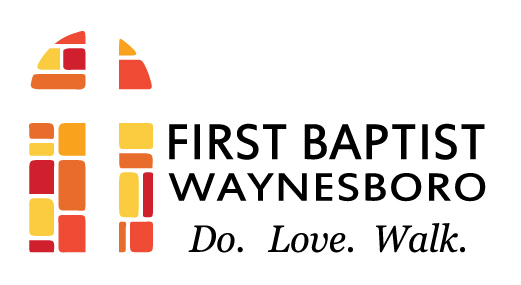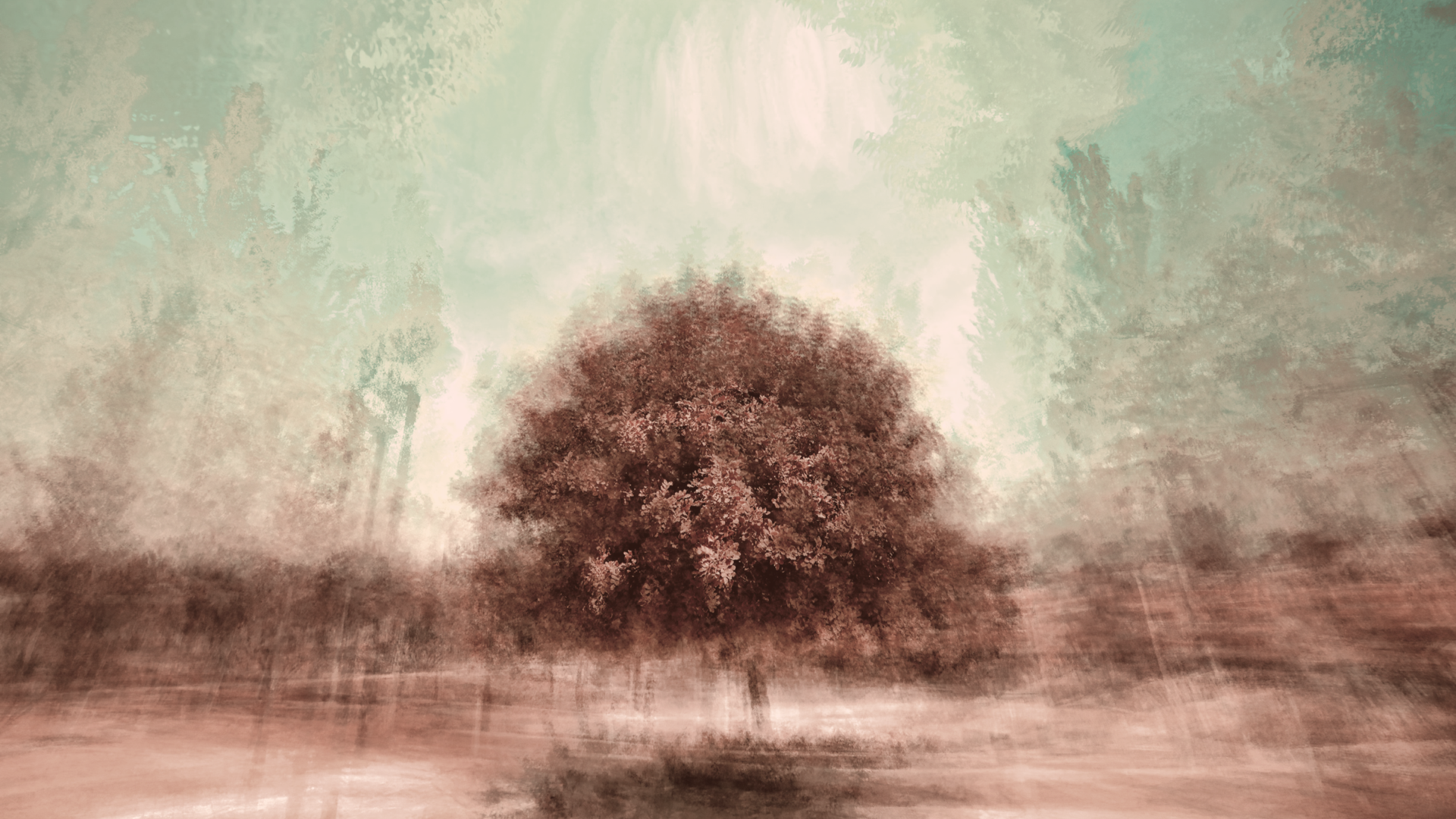Overview
God, grant me the serenity to accept the things I cannot change, courage to change the things I can, and wisdom to know the difference.
Theologian Reinhold Niebuhr penned this prayer decades ago; we now know as the Serenity Prayer.
I’ve thought a lot about it lately and even have been praying it daily meditating on the phrases: What should I change? What must I accept? How can I know the difference?
To answer these questions requires wisdom.
And wisdom is the deep understanding . . . that intuitive ability . . . to not just know “what” something is but to know “how” that thing has come to be “why” it’s needed.
The secular world calls this second and third level reasoning. We, Christians, know it as an inner, soul-searching, God-inspired knowing . . . a Divine Knowing of the Holy Love of God.
Another way to say it is, “The Wisdom to know the difference.” And the Bible has books that get us here.
In the Old Testament there’s a collection known as Wisdom Literature. They’re often associated with King Solomon, although he’s not necessarily the author. But Solomon, the son of King David, is said to be the wisest of the kings, and from his tradition and lineage we get works like Proverbs, Job, and Ecclesiastes. Songs of Solomon and apocryphal books The Wisdom of Solomon and Sirach get placed in this category too. Although each of these works are unique, together they do form the genre of Wisdom Literature.
The trait shared among them is that they aren’t concerned with philosophizing the future of God’s kingdom. They aren’t pontificating a world to come writing history of a world transformed.
They’re concerned with the here and now. What do we do with what’s in front of us? They honestly review the now . . . and the gift of wisdom is the knowing of how to navigate the now.
I think this is what we need right now. In the midst of this upside down world, we need the wisdom to know how to navigate the now. To do this, we’ll let let the Wisdom of the Old Testament be our guide. We’ll peer into the pages of Proverbs, Job, and Ecclesiastes and let their encounters with both humanity and God teach us. By the end, we’ll know better how to answer: What can we change? What do we need to accept? How can we know the difference?
August 2 | Proverbs 12:25 and 22:1-2 | Changing What Can Change
The Book of Proverbs is a positive, hollowed assumption about the goodness of life and the justice of God. Almost every section of scripture reminds us to live positively and with fidelity and hope. Proverbs has a way of using real-life applications to paint a picture of the past and ultimately our future. Out of the hundreds of proverbs available, these two sections for the sermon offer a way in which we can live with the anxiety of our day but not be overcome by it.
August 9 | Proverbs 1:1-7 | A Priceless Pursuit w/ Skip Wallace, BGAV
A proper understanding of the fear of the Lord helps us grow in our relationship with God and, therefore, better deal with life’s issues. If we’re to understand how to know the difference between what we can change and what we need to accept, then Proverbs 1 is a must read.
August 16 | Job 28:20-28 | Accepting What Can’t Change Pt I
Despite our best attempts at living with proverbial wisdom, some of the most hallowed assumptions are proven false by experience. We often think wisdom supersedes experience . . . but not in Job. Experience re-authors our understanding of wisdom. It reminds us that real-time and real-emotions shape and color our understanding of God. Job learns this in difficult ways. How he process this pain is for us to understand too.
August 23 | Job 42:1-6 | Accepting What Can’t Change Pt II
At the end of the book, Job and God mend their divisive and frustrating relationships with humanity and each other. Job wants God to show up and right the illegitimate wrongs. God wants everyone to understand their place within God’s realm. Seeing how these relationships come to an agreeable end is the things from which wisdom is made.
August 30 | Ecclesiastes 3:1-8 | The Wisdom to Know the Difference
Ecclesiastes reminds us that we shouldn’t be so confident in our understandings. The best we can do is remember that we were created for a season, for a time, and that our creature-ness will eventually come to an end. Seeing life from this angle brings with it a certain wisdom that helps us see beyond vanity.

